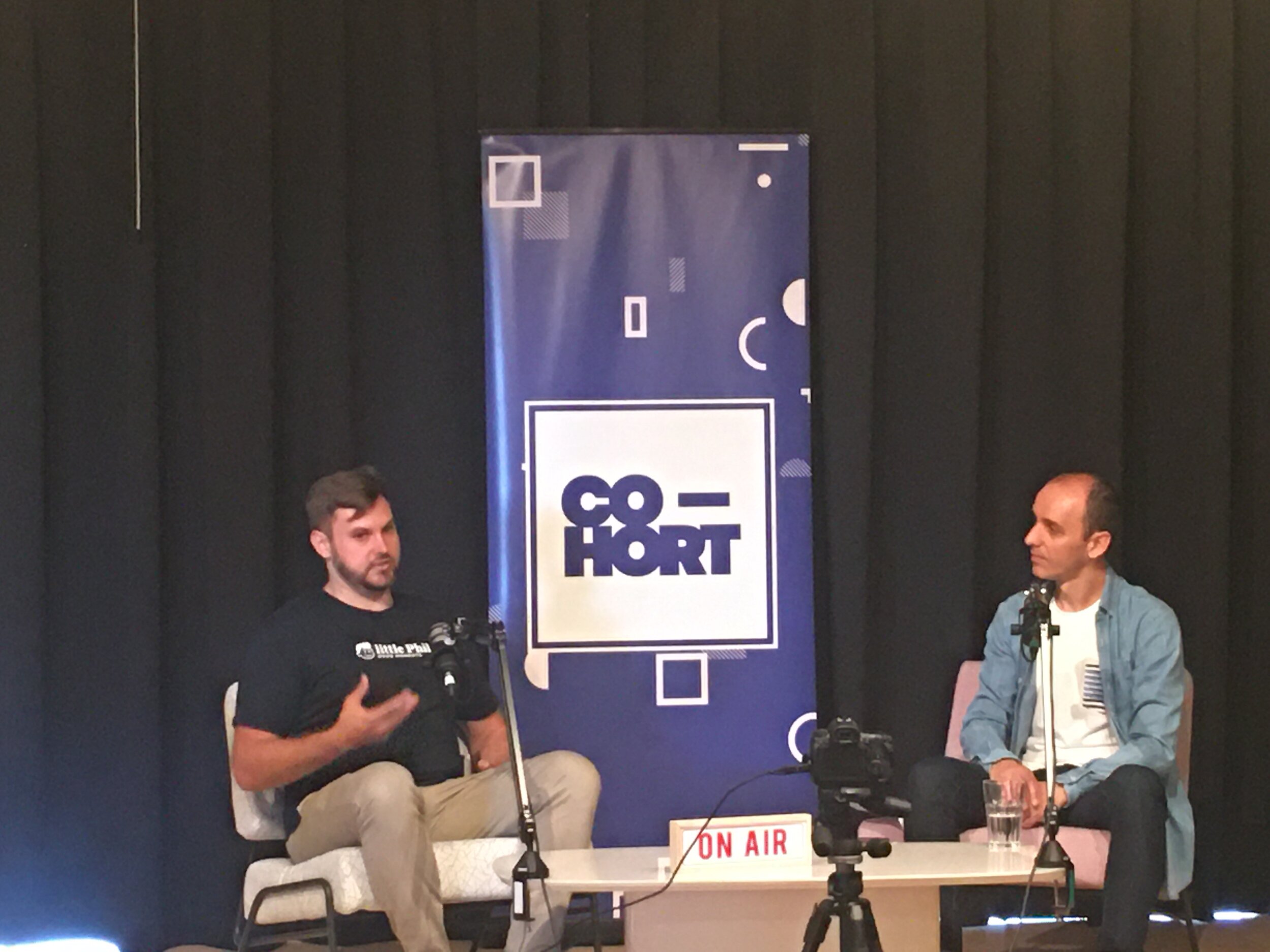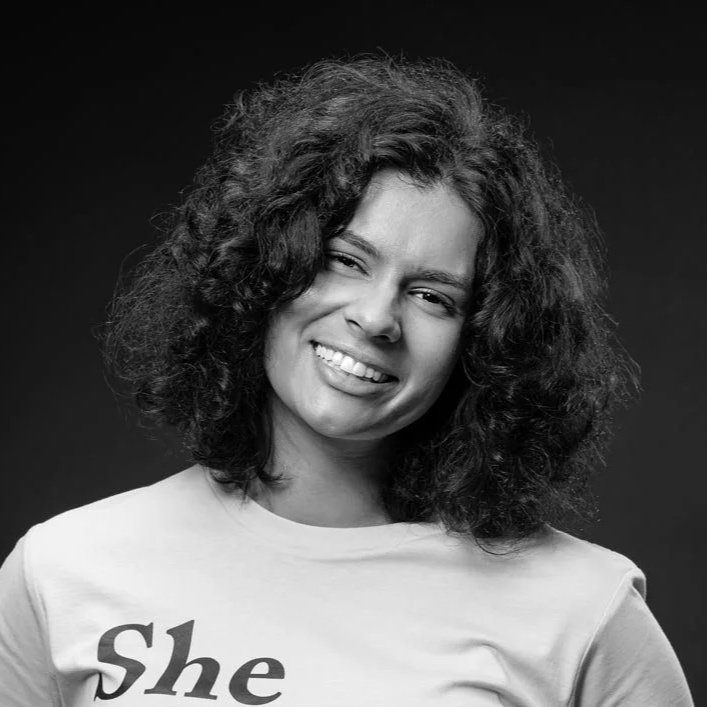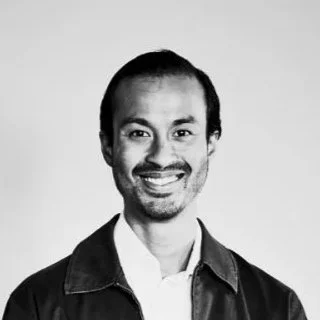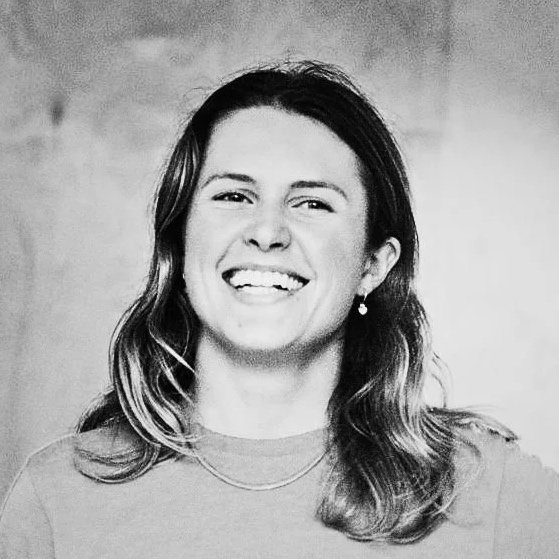Joshua Murchie On Redesigning The Philanthropic System Through Digital Means And NFT’s
Joshua Murchie co-founded Little Phil (short for Little Philanthropist) - a micro-philanthropy fundraising platform for charities whilst studying a Masters of IT at Griffith University and is the current CEO.
Josh has been a Fellow of the Griffith University Yunus Centre for Social Enterprise, was the Australian Student Volunteer of the Year 2017/18, and co-founded the Griffith University Start-up Entrepreneurs Club. Josh and the Little Phil team have won a number of innovation awards and have been featured at Tech conferences in Asia, North America and Europe.
Josh has a unique blend of business and technology skills with a passion for social-change. Josh thinks BIG and has an extensive global network of advisors and impact investors helping to support his impact lead vision for Little Phil.
Josh discusses how his enterprise Little Phil is redesigning the process of philanthropy as well as the evolving possibilities for sustainable social impact through NFT's.
Highlights from the interview (listen to the podcast for full details)
[Indio Myles] - Josh, could you please share a bit about your background and what led you to work in the social enterprise sector?
[Joshua Murchie] - Of course. For a little bit about my background from an education point of view, I actually hold a double degree in International Business and Commerce. I majored in Accounting, and I've always been very entrepreneurial and like to back the underdog. The whole idea of being involved, being able to help and so on has always been quite strong for myself. After I finished my degree, I went into an SME and basically managed the accounts, so everything from day-to-day operations, bookkeeping and so on.
I really did not like that, so I set up a digital agency with a friend of mine around web development, SEO, SMM, digitally publishing of magazines and things like that. I enjoyed that, so I decided to go back to university to get a formal education on that topic.
I enrolled in a Masters of IT, and whilst doing my Masters I set up the Entrepreneur Club at Griffith University and ran that. I was heavily involved with the Student Guild, so I won the Australian Student Volunteer Of The Year Award back in 2017-2018. I did a bunch of volunteering including some overseas trips to Peru. It's been quite a journey, and it's definitely a space that I personally and my team are quite passionate and excited about.
That's a very interesting journey. It sounds like there was a lot of interesting occurrences there with a lot of ups and downs, but there always is in this sector.
Josh, you're the co-founder of Little Phil, an organisation allowing impact conscious individuals to donate directly to causes which matter to them. How does Little Phil work and what have been some of the challenges in gathering support for the project?
Great questions. Basically, with Little Phil, our whole concept is that we believe that the charitable giving industry for fundraising at least is broken. There's an abundance of innovation in food delivery as you've got Uber Eats, Deliveroo and all this kind of stuff. In transport again you've got Uber, but in addition ride sharing bikes, scooters and everything else. But everyone seems to overlook the not-for-profit and charity space. With Little Phil, what we believe is that we're currently living with a socially conscious generation, and the next generations will be the most socially conscious that have ever walked the Earth.
Why should they be subject to traditional old means of giving, making an impact and tracking their impact? With Little Phil, we help connect people, businesses and brands more directly to charities, causes and beneficiaries while making the whole process more transparent, engaging, and digital.
Moving onto the next part of your question, from a challenges point of view there's a lot of people working in charities that are really passionate about their cause, but perhaps they just don't have the digital capabilities to be able to really engage with the next generation. This has been a challenge for us, around the potential to open up new streams of fundraising for charities. The whole education system around how to use digital media and technologies to change the way that people give and engage with charities is poorly utilised also. For instance, I don't know about you, but I generally hate being stopped in shopping centres or by people on the street. I'm usually always on my way to do something, and those people just parade around even though a lot of them are not actually from the charity, they're just hired or a part of a third-party marketing company. They parade around looking like a charity, they are in your face and it's not a great experience. They guilt trip you and push you into making decisions that perhaps you wouldn't have made.
We take the approach that if you can find something or someone you care about, you can give directly to them and you are then able to see and feel your impact, you will want to give, share and feel good knowing you have made an impact. It's what we call a little 'feel-good moment', it’s the positive side of giving.
You can see your impact, you know where your money's going, you're actually helping something you care about and you're more likely to re-engage if that charity or something similar comes up again and they need some help. They trust that they're doing the right thing, they know their money is going to the right place and it felt good being able to help.
That's a very interesting approach that you have there, Josh. You've just talked about it a bit there, about how you've had an interesting journey in getting Little Phil off the ground. Talking about some other challenges that you have had in the past; how did you need to work around them?
We have had, like any early-stage business, a bunch of challenges.
One thing that we've learned is that you always need to be ready to adapt and be agile enough so that you can find ways to keep moving forward. Persistence and resilience is key.
We were working quite heavily in the cryptocurrency space in 2017-2018, so we spent the majority of 2018 abroad. We were across Asia and even in San Francisco presenting at conferences, events and meeting with Royal Family officers and all other kinds of things.
We basically had a situation there where we had been promised or had investment committed to us from some funds, and we took that at face value. They put us on their website, and they did all of this stuff to introduce us to all of their networks. They said to these people, "we've already invested, you guys should invest as well." Us being naive and just trusting them I guess; the money never came true. We had a team of almost 15 people, which is quite a significant amount of money every week that you'd be burning through paying wages, so that was definitely one thing that was a challenge. We got through that, which is good. Then obviously the other more recent challenge which I think everyone's had is around COVID. We had some significant deals that we had worked on for close to a year that were just about ready to be finalised in February, March and April, last year, and then COVID hit. The lockdown started, and pretty much every deal that we'd been working on had just been pushed back over and over again.
Those deals are continuing at the moment, but they've only recently picked back up. Having a couple of significant impacts to our roadmap has definitely been challenging, but I think the resilience and persistence of our team to get through these problems is second to none.
It's a shame that those obstacles popped up Josh, but it's really great to see that you guys are pushing through it and taking that resilient approach. Josh, if we're looking a bit more at your background, maybe even before Little Phil, you were one of the original fellows of the Yunus Centre at Griffith University. Do you believe that it is important for entrepreneurs to be a part of the social impact community, and what are the key benefits of being a part of that community?
One hundred percent. I think that initiatives like the Yunus Centre are really great to get people more exposed to not just thinking about how to make money, but how they can make money and also have a positive impact on the world and society. I do a lot of guest lectures, mentoring and things like that not only Griffith University, but for other universities around this area.
To be honest, I don't think it's too hard to go out and make money as an entrepreneur. But, if you can use your skills and talent for good, then I think everyone should be trying to do that.
As you are a part of that community of social impact and entrepreneurs, what are the key benefits of being a part of that?
I think the key benefits are that you can get access to a range of people that maybe you normally wouldn't. For instance, if I was only hanging out in crowds, groups or networks of people that were just entrepreneurs and had no idea about philanthropy, social enterprises or making an impact, then I wouldn't understand that market.
Whereas being able to be involved with and work alongside some really good social enterprises, which is one of the things that I was lucky enough to have the opportunity to do at the Yunus Centre, has opened my eyes and allowed me to respect the work and the individual challenges involved in running those other organisations.
I have a much deeper appreciation for and understanding of the different challenges that people face. Where in software we think about scalable products that can enter markets across the globe and manpower is not something that we are overly concerned about, some of the other social enterprises that we were lucky enough to be networking within that base were very hands-on. They were instead recycling electronic waste and things like that, where a huge amount of man hours are required and you need a large facility to be able to do it, and it is not necessarily the most appreciated work. However, I truly believe that it's quite an important piece and I have a lot of respect for people like that.
Where do you see critical opportunities for the Australian and broader Asia Pacific social impact sector to grow in the next year five years?
I think that we're already seeing this with COVID, where before it, even with the adoption of digital technologies, cross border collaboration was not really prevalent. We've witnessed this firsthand with some traditional businesses who only six months before we'd advised them to move more digitally. We said, ‘your staff don't necessarily have to be in your office all the time, you can be working with cross-border teams, people in different cities, different time zones,’ and so on.
We also said that technology is really enabling this, so the ability to open up those opportunities is available along with educating and empowering people, which you couldn't do prior.
We don't really get to see it in Australia, but there's still so many millions of people that are unbanked. If you don't have access to ID, or if you don't have access to banking, where can you safely store your money? How can you go out and get a job and get paid? How do you interact in a financial system that we're seeing here now where there are some shops that won't even take cash anymore because of COVID? Technology is opening up all of that, and it's really going to disrupt the whole banking and finance industries access to loans and liquidity, and really, I believe in the future it's going to be more of a decentralised nature.
That's a very interesting outlook there Josh.
Are there any social enterprises or initiatives that you have come across recently which you believe are creating a positive social change?
One hundred percent. There are probably too many to mention, but one of the two that has come to mind recently is that I've seen a project that was working in rainforests called Rainforest Connection.
They're repurposing old hardware like mobile phones and so on, placing them in rainforests and jungles around the world, which then act as a way that people can monitor for illegal logging activities and wildlife.
Through these devices you can listen to the different birds in that area, and they've all got a unique tone or however you'd like to put it. But basically, there are different wildlife conservation, science strategies and practices protecting against illegal logging happening because of this really cool concept. The second one, which we've actually recently partnered with as well is around unlocking different fundraising avenues through NFTs.
You may have seen a few things in the media recently about NFTs, or non-fungible tokens, which are pretty much a digitally verified representation of either a digital asset or even a real-life asset. Some of these include things like the NBA trading card, top shop things and all this other kind of stuff.
The difference between going to a charity auction and buying a piece of art compared to a NFT, is that traditional charity auction's make funds for the causes the causes or charity once, and that's it. With NFT's, you can actually code in royalties into these NFT's. So hypothetically, if I came to you and said, "Indio, you're a famous sports star, let's do an NFT for you," it could be a trading card, it could be piece of art, a piece of music, but whatever it is, we want you to embed a percentage that will go back into making an impact on something you care about. Because of this, every single time that that rare one-of-one, one-of-two or one-of-five trading card or piece of art gets traded, bought or sold, a percentage automatically goes back to making an impact on something you care about.
Those are two interesting projects!
To finish off Josh, what books or resources would you recommend to our listeners?
I think one of the classics is The Alchemist, and I think that gives you some very good lessons around making the most of what you've got and being able to create something out of nothing.
I love that book.
It's a good read! Then, just for a general guideline and guidance book is Tools of Titans by Tim Ferriss, who interviews some of the best of the best in every single industry around the world, and then compiles the best takeaways from them. It's almost a mini-Bible of really interesting ideologies.
Those are two very good reads. Josh, thank you so much for putting aside the time to come in today and share your generous insights and time.
Initiatives, resources and people mentioned on the podcast
Recommended books
The Alchemist by Paulo Coelho
Tools of Titans: The Tactics, Routines, and Habits of Billionaires, Icons, and World-Class Performers by Tim Ferriss








